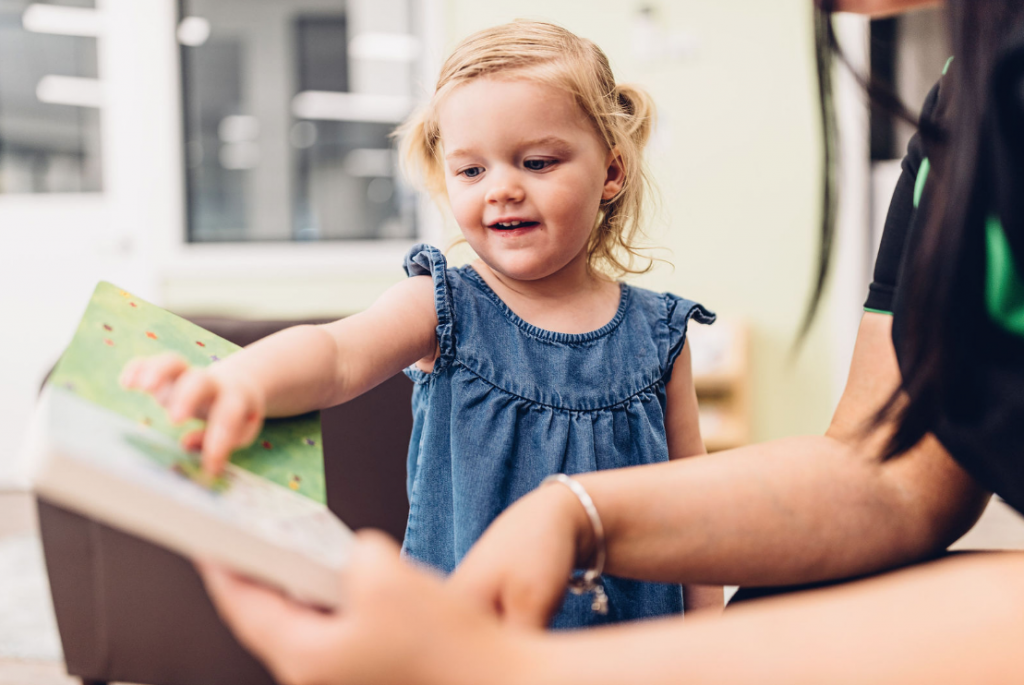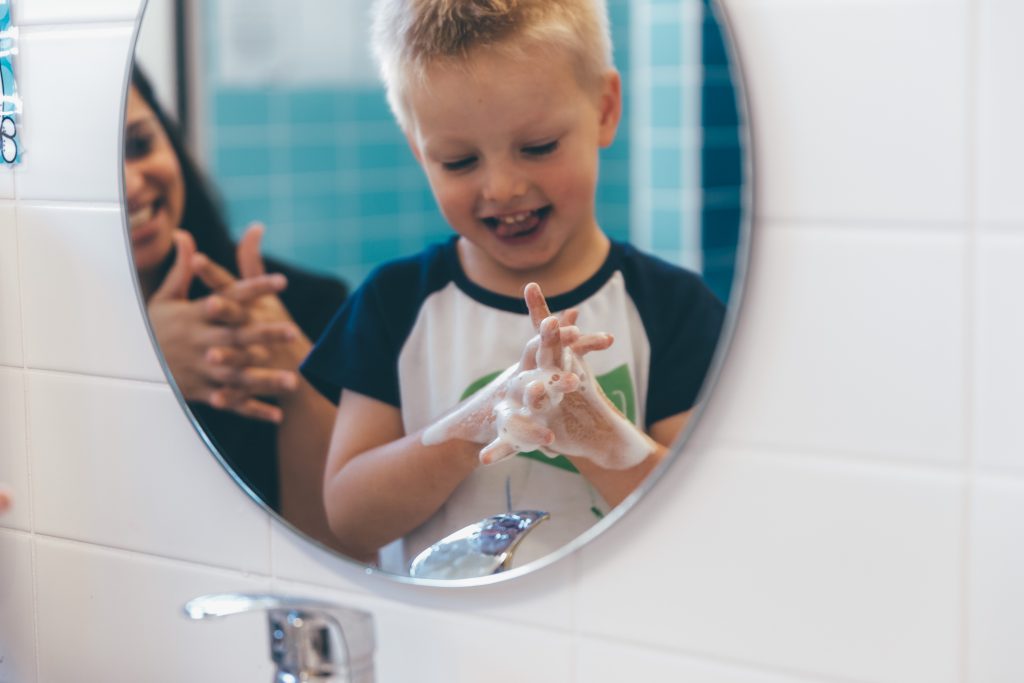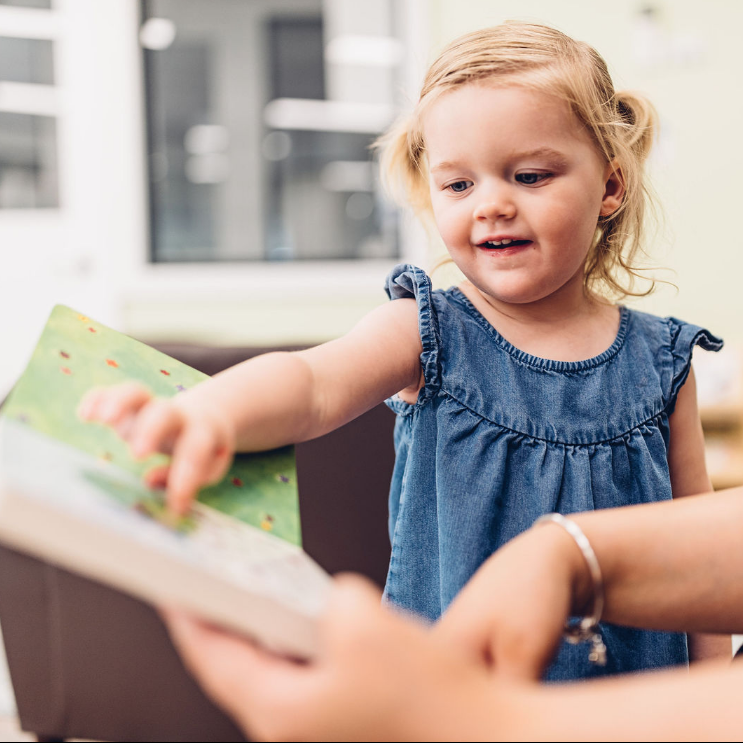
COVID-19 is an unprecedented situation, which has – understandably – caused anxiety among families. Young children often pick up on this anxiety and need their own support, both while in centre and at home.
Our educators are trained to guide and support children through difficult situations. To support this while you’re at home, we’ve included UNICEF’s recommendations on how to speak to children about the virus and best practices, while also protecting and supporting them.
Ask open questions – and listen carefully
UNICEF suggests to begin by inviting your child to talk about the issue, in an effort to understand more about how much they already know – and go from there.
“If they are particularly young and haven’t already heard about the outbreak, you may not need to raise the issue – just take the chance to remind them about good hygiene practices without introducing new fears.”
If they have heard about the virus, use age-appropriate language to explain more about what’s happening out there. As UNICEF reminds us – “children have a right to truthful information about what’s going on in the world, but adults also have a responsibility to keep them safe from distress.”
Use drawing & stories to open up conversations
One great option is to use this e-book about COVID-19 to chat to your child about the virus.
Created by Manuela Molina, a psychology expert focused on children’s emotional intelligence, the book supports and reassures children under the age of seven. It’s available in 20 global languages and printable so that children can draw on it at home.
Practice good hygiene
Make it fun! UNICEF suggests encouraging regular hand-washing by singing along to the Wiggles, or following a dance to make it fun. Click here to find the Wiggles hand-washing song.
You can also demonstrate proper ‘cough etiquette’ to children, I.e. covering coughing or sneezing with their elbow.

Offer reassurance
By seeing lots of troubling images on the news, along with intense news headlines, it can increase stress and anxiety for children.
UNICEF suggests making opportunities for children to play and relax, when possible; along with keep regular routines and schedules as much as possible, especially before children go to sleep.
“If you are experiencing an outbreak in your area, remind your children that they are not likely to catch the disease, that most people who do have coronavirus don’t get very sick, and that lots of adults are working hard to keep your family safe.”
It’s important to point out the helpers in particular; the doctors and nurses working at hospitals, the scientists working to develop a vaccine, and the volunteers helping get groceries and essential supplies to those who are unable to access these services.
More for children
For a comprehensive breakdown on how to speak to children of every age about COVID-19, at every stage of their understanding about the virus – click here for a handy guide from Early Childhood Australia.
If you also have older children, they might like to read this guide from Headspace on how to maintain a healthy mindset during this time.
Look after yourself
As, of course, children will pick up on your reactions. If you are in a challenging or dangerous situation, please consider contacting one of the resources listed here at White Ribbon, or if you have questions about your health, call one of the state or territory public health agencies below for more information.
- ACT call 02 5124 9213
- NSW call 1300 066 055
- Qld call 13HEALTH (13 43 25 84)
- SA call 1300 232 272
- VIC call 1300 651 160
- WA visit healthywa.wa.gov.au or call your local public health unit
